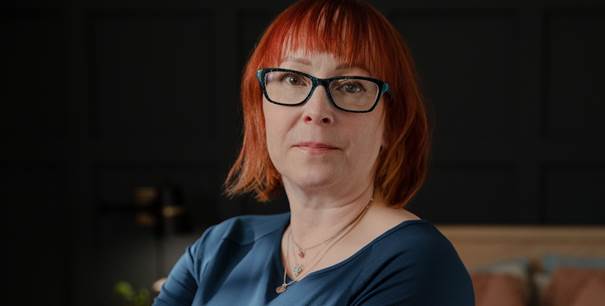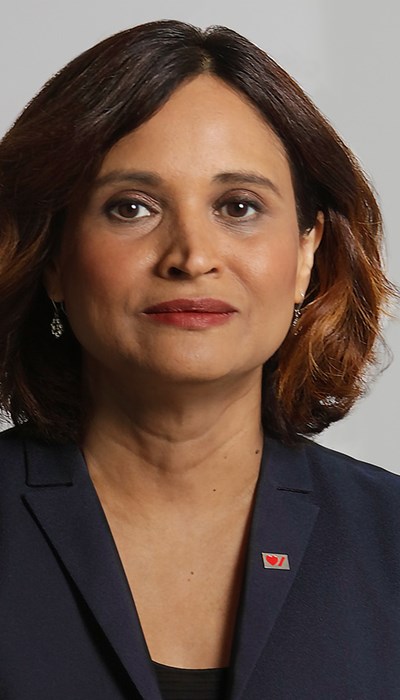
Using data to save more women
Dr. Padma Kaul researches ways to improve diagnosis and treatment of heart disease
Chapter 1 Family ties
A very personal reason motivated Dr. Padma Kaul to focus some of her research on pregnancy conditions and how they may affect a woman’s future risk of heart disease.
When expecting her first child, she developed gestational diabetes — a pregnancy complication that can increase the risk of diabetes later in life. “It came out of the blue because I didn’t have any of the traditional risk factors,” recalls Dr. Kaul, who holds the Heart & Stroke Chair in Cardiovascular Research at the University of Alberta.
- Learn more about the gaps that threaten women’s heart and brain health.
“I said to my endocrinologist: Why this? What does this mean?” She wasn’t satisfied with the answers and was basically told, “If you have questions, go figure it out.”
Luckily, Dr. Kaul, who is an epidemiologist, has a unique toolkit to do just that. She is an expert on mining health data and asking big, population-level questions to uncover trends and point to ways to improve health care.
Focusing on heart disease and related risk factors — including diabetes — she investigates how outcomes are affected by issues such as gender differences, ethnicity differences and access to timely treatment.
And her research shows how the gender gap in diagnosis and treatment has put women at risk.
Chapter 2 Finding the gaps
A 2020 study co-authored by Dr. Kaul revealed startling differences in the care received by men and women after a heart attack. The team tracked over 45,000 patients in Alberta over a 14-year period.
They showed that women got fewer angiograms and were more likely than men to die in the short term. Of patients who survived, women were more likely to develop heart failure after five years.
No one had looked at women’s heart failure risk after heart attacks before.
It’s well known that treating a heart attack quickly is critical to reducing the risk of future complications, including heart failure, says Dr. Kaul. “You need to get to hospital, and you need to intervene quickly.”
She showed that women are not getting the level of care they need, and fast enough. The reasons are complex, and include gaps in the healthcare system and other factors. “Women tend to delay presenting. They are likely to say, ‘I’ll fix the kids’ breakfast and then go to the hospital.’”
Dr. Kaul is increasingly convinced that better screening, education and follow-up during and after pregnancy could help many women reduce their risk of heart disease later in life.
“Pregnancy is a unique opportunity to get information about their future heart health risk,” she says. For example, women like her who experience pregnancy conditions such as gestational diabetes could be identified for future screening to monitor their cardiovascular risk factors.
Chapter 3 From data to better care
While Dr. Kaul does her research through data, she says, “I work closely with clinicians who are taking care of patients. It’s a circular process. So I can put data in front of them and say, this is happening. And they can observe things in clinical practice and say to me, ‘Is this just my experience, or is it happening across the board?’”
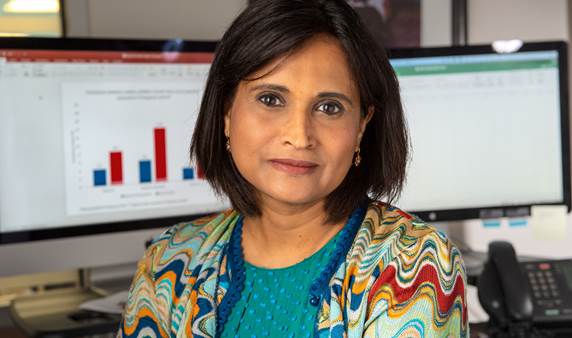
Dr. Kaul works with data to determine how outcomes are affected by issues such as gender differences, ethnicity differences and access to timely treatment.
Dr. Kaul also works hard to get her research in front of policy makers who guide the healthcare system and run public education campaigns.
“In Alberta, the mandate is to bring research and clinical care together. So this has been a huge plus for us,” says Dr. Kaul. She is excited to have access to data that allows her to observe people’s health over decades and see if better screening impacts outcomes or if a particular drug changes how long patients live.
Dr. Kaul has a seemingly endless list of questions to ask of health records. And her eye is firmly on the goal of better health care and better outcomes for everyone.
- Get our report on the inequities that put women at risk.
- Learn more about heart disease in women.
- Explore more Heart & Stroke research.
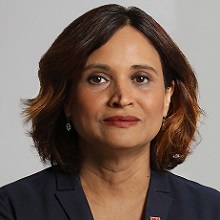
Related stories
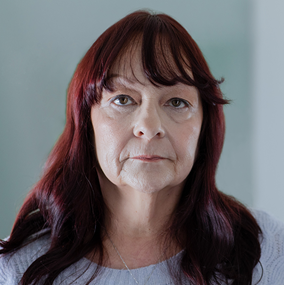
Back from the brink
Michelle tried for months to get her symptoms taken seriously. Then she had a heart attack
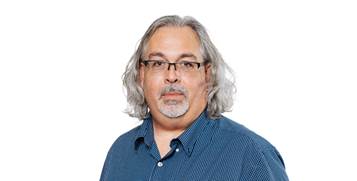
Protecting heart health after menopause
Dr. Glen Pyle’s discoveries will reduce heart disease in older women — and help men too
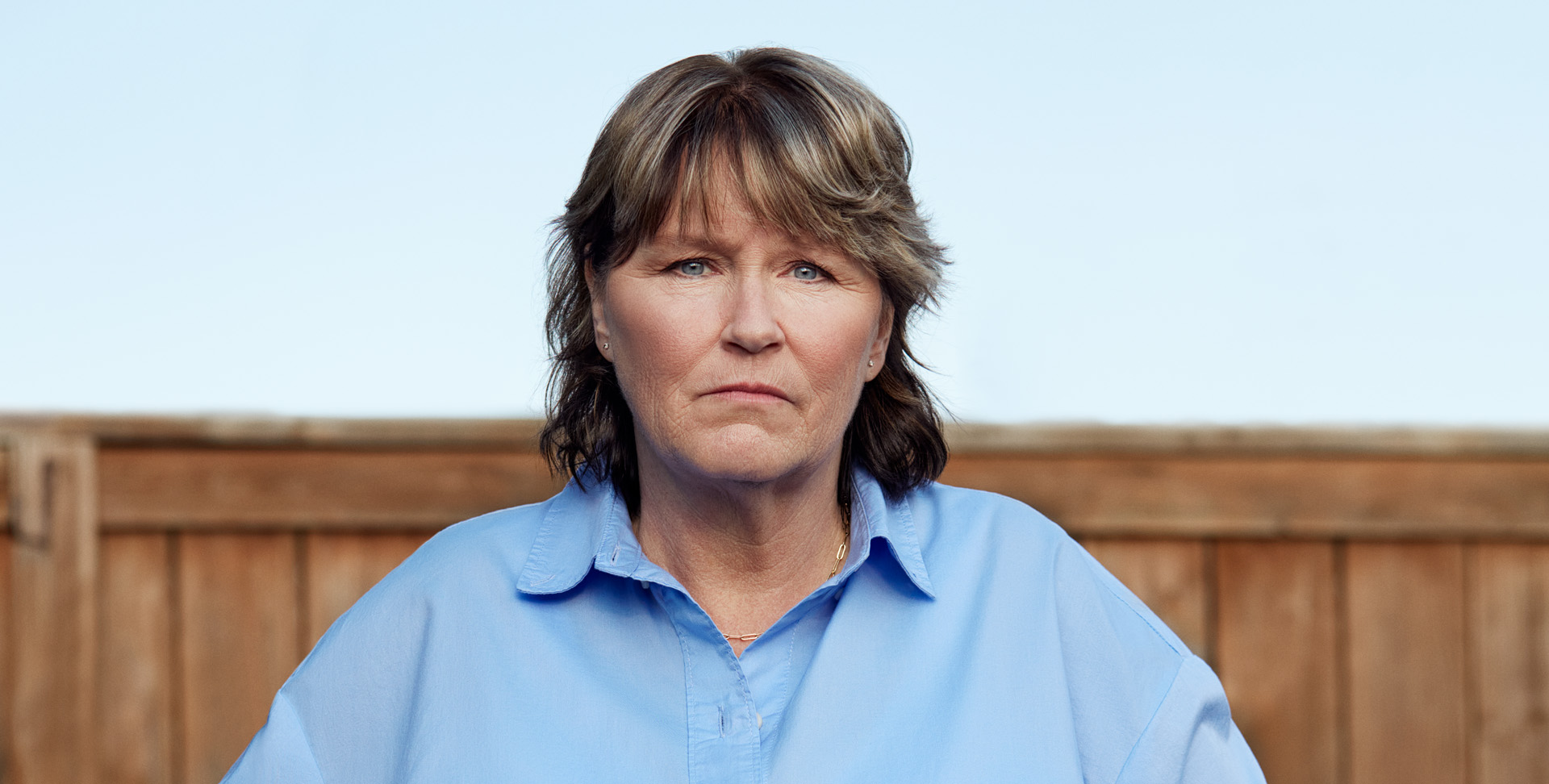
A passion to beat heart disease
After losing five siblings, Heather Evans is fighting with everything she’s got
